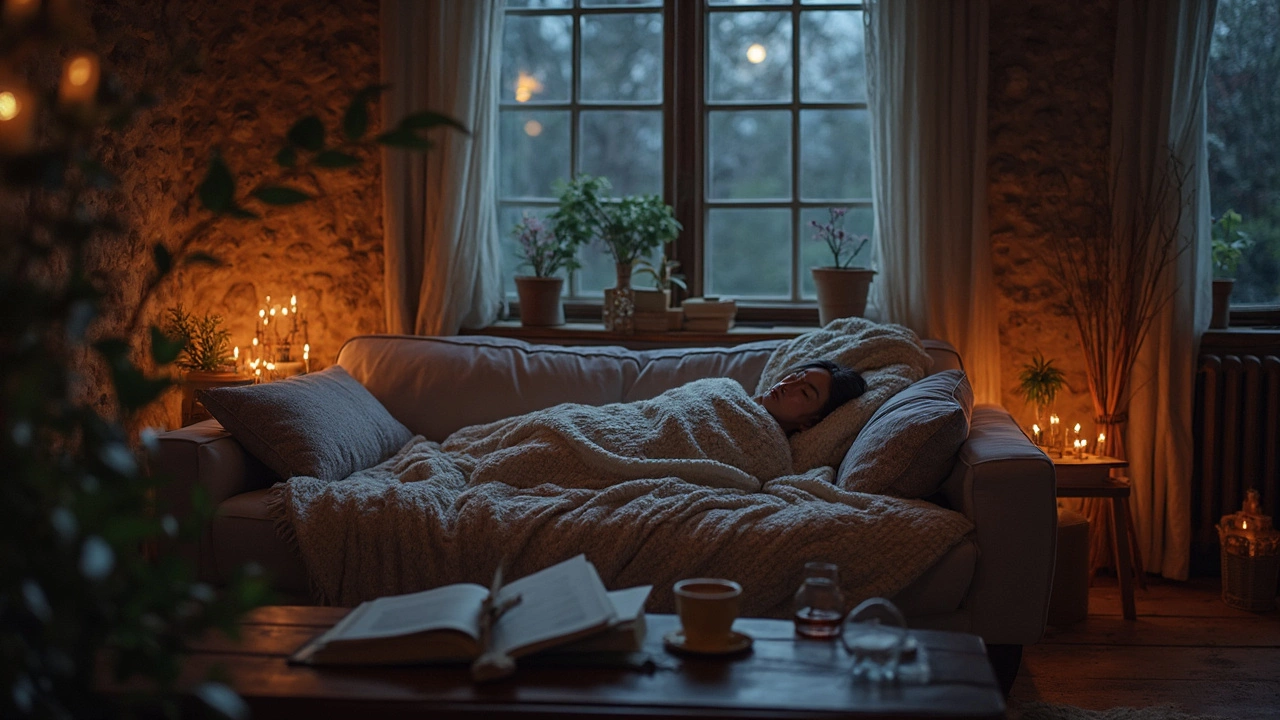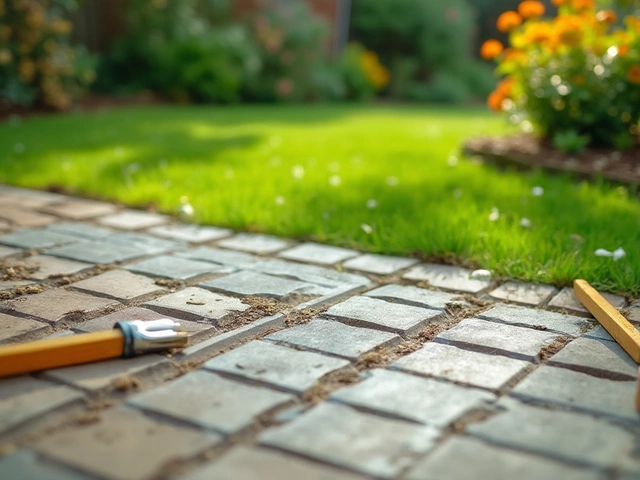Sleep Habits: Easy Ways to Upgrade Your Rest
Ever notice how a chaotic night leaves you dragging through the day? The difference often isn’t the mattress—it's the habits you build around sleep. Small tweaks can turn a restless night into a refreshing one, and you don’t need a pricey sleep clinic to start. Let’s break down the most effective habits you can adopt right now.
Why Sleep Habits Matter
Good sleep habits, or "sleep hygiene," set the stage for the body’s natural repair cycles. When you consistently follow a routine, your brain learns when to wind down and when to fire up. That means deeper REM cycles, fewer night-time awakenings, and better focus the next morning. It also lowers stress hormones, which helps keep weight and blood pressure in check.
Everyday Changes That Help
1. Create a predictable bedtime routine. Spend the last 30‑45 minutes doing low‑key activities—reading a paperback, gentle stretching, or listening to calm music. Avoid high‑energy tasks like answering emails or scrolling social feeds, which keep the brain in alert mode.
2. Keep your bedroom cool and dark. Aim for 60‑68°F (15‑20°C) and use blackout curtains or a sleep mask. Light tells your body to stay awake, while a cooler environment encourages melatonin production.
3. Limit couch sleeping. Many think a quick nap on the couch is harmless, but regular couch‑sleep can strain the spine and disrupt natural sleep cycles. If you must nap, keep it under 20 minutes on a firm surface, then move to your bed for the full night.
4. Stick to a consistent wake‑up time. Even on weekends, aim to rise within an hour of your usual time. This steadies your internal clock, making it easier to fall asleep and wake up naturally.
5. Watch what you consume before bed. Cut caffeine after 2 pm and limit alcohol to one drink if you need it. Both can fragment sleep—caffeine keeps you alert, while alcohol reduces deep sleep and causes early morning awakenings.
6. Turn off screens at least 30 minutes before sleep. The blue light from phones and TVs tricks your brain into thinking it’s daytime. Use a night‑mode setting if you must check something, but the best move is to put the device away and opt for a paper book.
7. Add a calming scent. Lavender, chamomile, or cedar can cue relaxation. A few drops on a pillow or a diffuser can make the bedroom feel like a sleep‑ready zone.
Putting these habits together creates a domino effect. A cool, dark room reduces body temperature, which signals melatonin release; a steady bedtime routine signals the brain it’s time to wind down; and a consistent wake‑up time reinforces the cycle. Over weeks, you’ll notice you fall asleep faster, stay asleep longer, and wake up feeling truly rested.
Remember, change doesn’t have to be all at once. Pick one habit—maybe turning off screens—and stick with it for a week. Then add another. Your sleep quality will improve step by step, without the need for expensive gadgets or drastic lifestyle overhauls.




